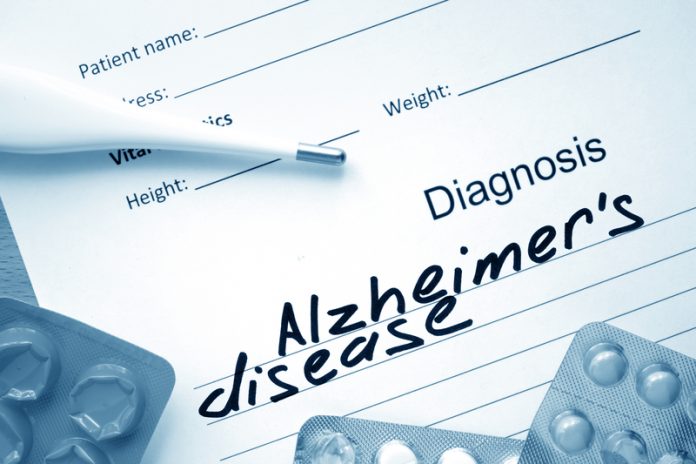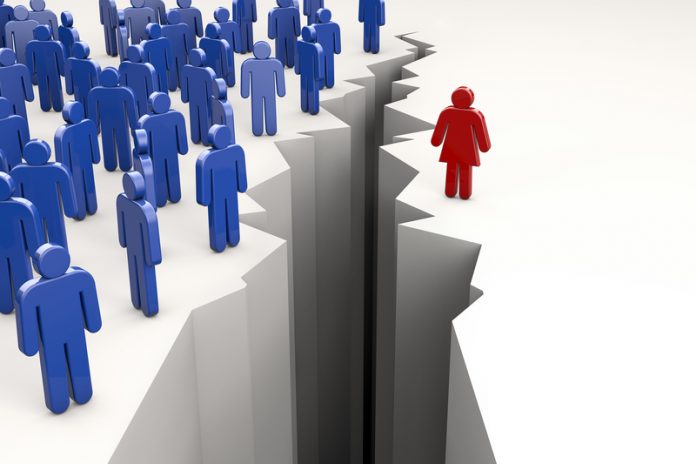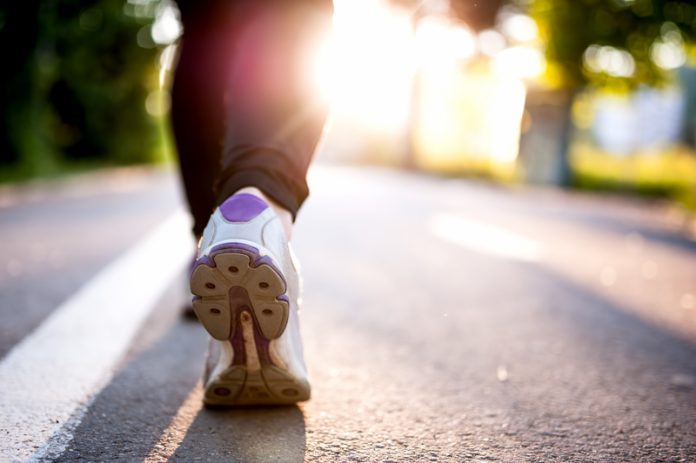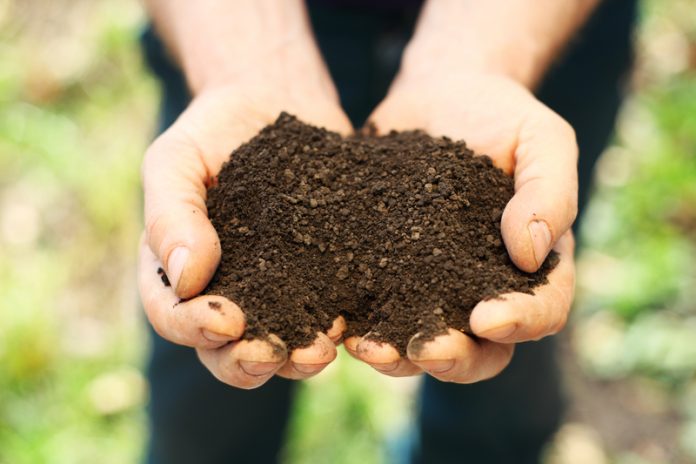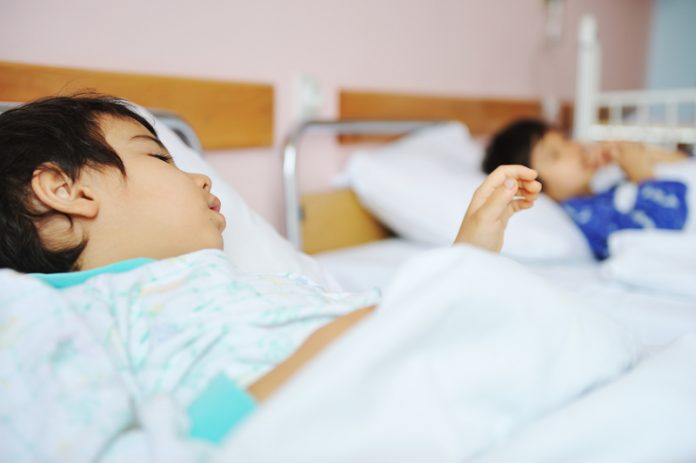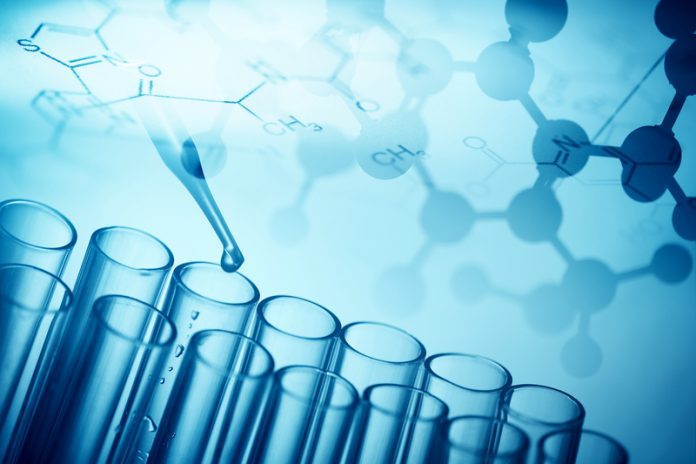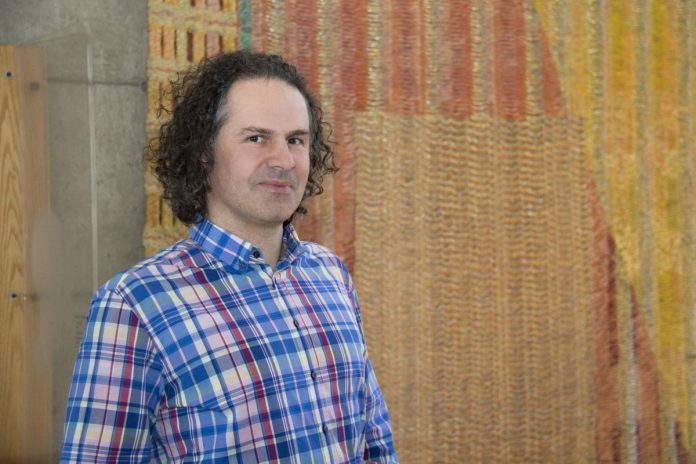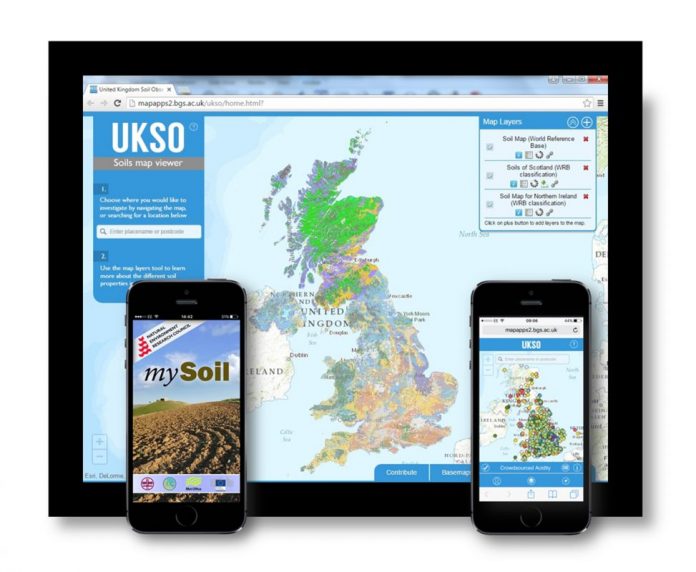Home Search
life sciences - search results
If you're not happy with the results, please do another search
Linking Alzheimer’s disease, diabetes and nutrition
Ai-Ling Lin, Ph.D, Assistant Professor, Sanders-Brown Center on Aging, University of Kentucky discusses Alzheimer's disease and the link to diabetes and nutrition...
Alzheimer’s disease (AD) is the most common form of dementia in those over the age of 65, and currently ranked as the sixth leading cause of death in the United...
The gender gap in academic leadership
Despite some progress, women are still underrepresented in positions of academic leadership across the world. Colette Fagan, Professor, Deputy Dean and Vice Dean for Research at the University of Manchester asks why
The situation has improved since the 1970s but across the world women still occupy only a minority of academic...
The future of quantum technologies in the UK
In an interview with Editor Laura Evans, Richard Murray, Lead Technologist in Emerging Technologies and Industries at Innovate UK, highlights quantum technologies and the impact they hope to make in the UK…
Quantum technologies is a new industry aiming to make a big impact in the UK. The UK government has...
Finding your motivation for exercise
Paule Miquelon, professor at Université du Québec à Trois-Rivières, is studying the self-regulation of physical activity behaviour – specifically, how the quality of motivation influences the adoption and maintenance of such activity.
Engagement in regular physical activity is an important part of a healthy lifestyle. Research shows regular exercise to...
Brock University – Department of Child and Youth Studies
Child and Youth Studies (CHYS) is one of the most popular programs at Brock. The program teaches a broad-based approach that considers the individual child or youth within the context of the family, school, peer group and community. With interdisciplinary roots in psychology, education, sociology, cultural studies and criminology, the degree...
IUSS launches the International Decade of Soils (2015-2024)
Following the International Year of Soils 2015, the International Union of Soil Sciences has proclaimed the International Decade of Soils to increase the momentum of raising awareness of the importance of soil for life...
The International Union of Soil Sciences (IUSS) is the global union of soil scientists and the...
Modelling the children’s hospital and healthcare delivery system for the next century
Dr Benjamin Van Voorhees from the Department of Paediatrics, University of Illinois at Chicago college of Medicine talks about the provision of children's healthcare...
The Children’s Hospital of the University of Illinois Hospital and Health Sciences (UIH) system in Chicago is at the forefront of the dramatic changes taking place...
Investing in scientists of the future
AG Editor, Laura Evans highlights new investments for UK science and what Minister for Science and Universities, Jo Johnson thinks a Brexit could mean for our status in this arena…
The UK has developed some keystone discoveries in science, including: hydrogen by Henry Cavendish, and penicillin by Alexander Fleming, and...
8 ways the referendum vote could affect your business costs
Phil Foster, Managing Director of Love Energy Savings outlines what impact the EU referendum vote could have on businesses...
British history is about to be made, and despite the 23rd June Referendum being on the horizon, we have no clue as to which way the public will be voting.
This uncertainty extends...
Looking beyond the refugee crisis: what are the long-term impacts?
After 10 years conducting research on the refugee crisis, Professor Michael Nijhawan highlights the resilience and agency of young migrants
A Public Health Approach to Preventing Child Abuse and Neglect
The World Health Organization (WHO) defines child maltreatment as, “… the abuse and neglect that occurs to children under 18 years of age. It includes all types of physical and/or emotional ill-treatment, sexual abuse, neglect, negligence and commercial or other exploitation, which results in actual or potential harm to...
Providing data to manage soils sustainably
Dr Andrew Tye, Soil Scientist & Process Geochemist at the British Geological Survey looks at soil management and how it can help ensure sustainability for future generations.
Society in the past has generally payed scant regard to its soils. However, as global population increases, pressures on the land we use...
Through the ocean darkly
Carol Anne Clayson, Director of the Ocean and Climate Change Institute at the Woods Hole Oceanographic Institution details the impact the oceans have on climate systems
In the final draft agreement adopted by the 21st Conference of the Parties in Paris last year, the ocean is mentioned only once –...
It’s all around us – Heterocyclic chemistry
No surprise that the public interest is readily attracted through the media to the latest fashions in science and it’s good that there is a continual stimulus of discoveries and inventions to whet the practical and intellectual appetites. Behind all the innovations the basic rules of the chemical and...
Inspiring growth in the aerospace industry
John Laughlin, Aerospace Programme Lead at Innovate UK answers AG’s questions regarding investment in the aerospace industry and how Innovate UK play an integral role in this
UK businesses are well placed to take advantage of growing global demand for faster, quieter and greener aircraft. As the biggest aerospace industry...
Understanding the links between chemistry and climate change
Santiago V. Luis, Chair of the Chemistry and Environment Network at EuCheMS outlines how chemistry can play a vital role in tackling climate change
Volcanic hazard assessment and risk management
The impact of a natural event such as a volcanic eruption can significantly disrupt human life. The long periods of quiescence that are quite common in many volcanic areas often lead to a fall in vigilance whose consequences may include a lack of preparation for dealing with a volcanic...
Peptides control organ loss in plants
Have you ever wondered why the petals fall off your tulips after a week in a vase? Why trees drop their leaves in the autumn? Why fruit fall to the ground when ripe? And why farmers suffer losses when seeds are shed before harvesting time? My research group at...
What can the net energy analyst say to the investor and policymaker?
In the modern energy system, upwards of 10% of the total primary energy supply is expended to find, develop, extract, transform, and transport energy carriers to end-users 1. Some particularly challenging resources, such as heavy oil, require an even larger fractional expenditure for their extraction and processing. This energy...
The Impact of engineering in biology and medicine: the biomedical engineer (BME)
In 2014, WHO stated: “trained and qualified biomedical engineering professionals are required to design, evaluate, regulate, maintain and manage medical devices, and train on their safe use in health systems around the world”1.
In response, the European Economic and Social Committee stated: “Biomedical Engineering is not simply a subset of...


